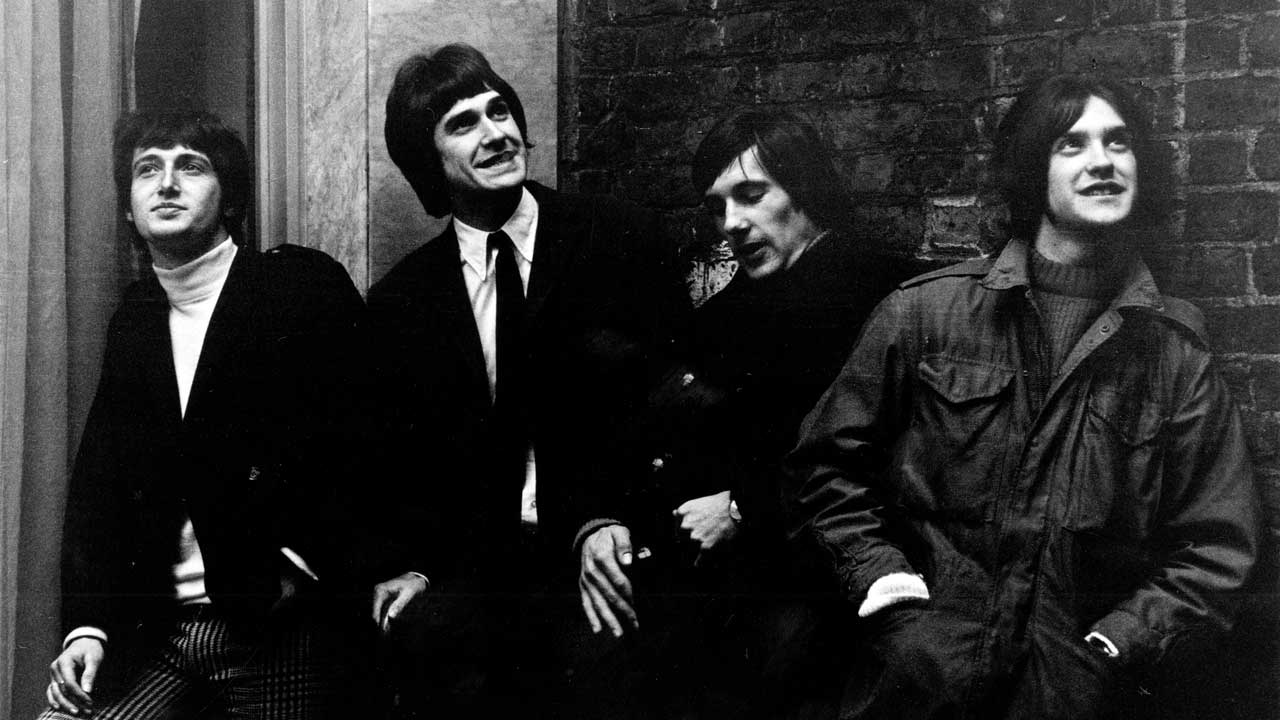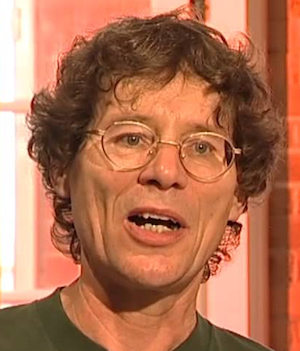The story behind Dead End Street by The Kinks
A then-unusual gritty piece of social commentary, The Kinks' Dead End Street was a Top 10 hit despite the ‘offensive’ promo video being banned by the BBC

“It’s a raw song. We didn’t try to sweeten it,” reflects Ray Davies. “I think if The Beatles had done Dead End Street it would have been through rose-tinted glasses.”
Dead End Street marks the moment when Ray Davies’s songwriting for The Kinks moved from wry, witty social observation to trenchant, pithy social comment. Released in November 1966, it followed Dedicated Follower Of Fashion, in which Davies had satirically skewered the Swinging London scene, and Sunny Afternoon, that lampooned the indolence of the upper classes.
For the Kinks, 1966 had been a year of turmoil – although, to be frank, that applied to the group throughout the 60s. They were being sued by managers and publishers, their cantankerous behaviour had already earned them a blanket ban on US TV, and their gigs were frequently marred by violence – on stage as well as off. Davies had suffered a nervous breakdown earlier in the year, and bass player Peter Quaife had taken an extended leave of absence, only partly explained by his injuries sustained in a car crash.
It was only the steady flow of hit singles that was keeping The Kinks afloat. Far from buckling under the stress, Davies’s songwriting was burgeoning. In addition to the two hit singles already that year, he’d also written all the songs for Face To Face, the first ‘proper’ Kinks album, as opposed to its predecessors that had been thrown together whenever they’d amassed four singles and B-sides.
“When you’re writing at that speed you just tend to pick up on everything around you,” remembers Davies. “I was living in an old house that needed to be restored. And there really was a crack up in the ceiling, because there was a leak in the bathroom.
“It was written very quickly and it was written for the winter. It was that thing of living in England and having had a great summer and now the light was closing in and the mood just shifts. The music had that little jazz backbeat, but there were these dark edges. I thought I was writing a trad jazz vamp about hard times that were coming. My father had lived through the depression and he had talked about it, so the song had that 20s/30s feel to it – those stomping chords, the march of destiny coming to grab you. It was a very visual backdrop to the song.”
Davies already had the scenario in his head. “The couple in the song – and I assume they are a couple – were planning to emigrate to Australia. But the assisted passage scheme was coming to an end, it was too late. They want to work but they can’t get the work. So what are they living for?
Sign up below to get the latest from Classic Rock, plus exclusive special offers, direct to your inbox!
“It’s the way you tell ’em. There’s not really any humour in it, but there’s a jovial way of singing bad news, delivering it in an enigmatic and exciting way. It’s like the new generation of newsreaders you see on satellite TV. They’ve got a smile on their face as they tell you the world’s coming to an end.”
Davies’s scenario had come easily too – one of his six elder sisters had emigrated to Australia, and his Lithuanian in-laws (he’d married his first wife, Rasa, two years earlier) had regaled him with tales of their refugee flight across Europe before they settled in Bradford.
The Kinks actually recorded two versions of Dead End Street. “We did it first with Shel Talmy, our regular producer and a wonderful guy. At about five o’clock he said: ‘It’s finished. I have a dinner date. Let’s go home.’ At that point it had a French horn on it, and an organ that made it sound like a merry-go-round. I wasn’t happy with it.
“We pretended to pack up. When Shel had gone, I said: ‘Let’s do it properly.’ We started by replacing the organ with a piano – Nicky Hopkins thumped out those chords. Then we decided it needed a trombone instead of a French horn, because we wanted more of a trad-jazz type of ending. So we went to the pub round the corner from Pye Studios in Marble Arch where the session players used to drink, and we dragged this trombonist back and he did it very quickly. He was back in the pub before closing time.”
Unusually, the track has two bass parts. “There’s a Fender holding down the basic bass part, and a Danelectro (as favoured by John Entwisle on the early singles by The Who) that plays like a guitar. I don’t know why I wanted that,” Davies admits. Actually, you only have to listen to hear why.
To promote the single, the Kinks made what would have been the first pop video if only the BBC had shown it. “They banned it. They claimed it showed poor people in the street. We zoomed in on these photographs of real-life beggars as part of this jokey, vaudeville little story of these four guys dressed as pallbearers dragging a coffin around. The social realism that we showed was obviously offensive to whoever made those decisions at the BBC.”
To be fair, the film also shows the corpse jumping out of the coffin. “Yes, but it was all done in a pantomime style. Anyone could see that, even a kid watching Top Of The Pops.”
It also features Ray and brother Dave dressed as women with expressions that are more unsettling than any pantomime dame. Davies adopts his trademark enigmatic smile at the memory but declines to comment further. Davies has probably played Dead End Street live more times since The Kinks dissolved in 1996 than before. Indeed, the song is now a regular in his set.
“It’s good to play because it’s become quite a powerful piece of theatre," he says. "It resonates with an audience. Just getting them to shout out ‘dead end’ shows that they know what it means. Maybe that’s what folk music has always done."
Hugh Fielder has been writing about music for 50 years. Actually 61 if you include the essay he wrote about the Rolling Stones in exchange for taking time off school to see them at the Ipswich Gaumont in 1964. He was news editor of Sounds magazine from 1975 to 1992 and editor of Tower Records Top magazine from 1992 to 2001. Since then he has been freelance. He has interviewed the great, the good and the not so good and written books about some of them. His favourite possession is a piece of columnar basalt he brought back from Iceland.

